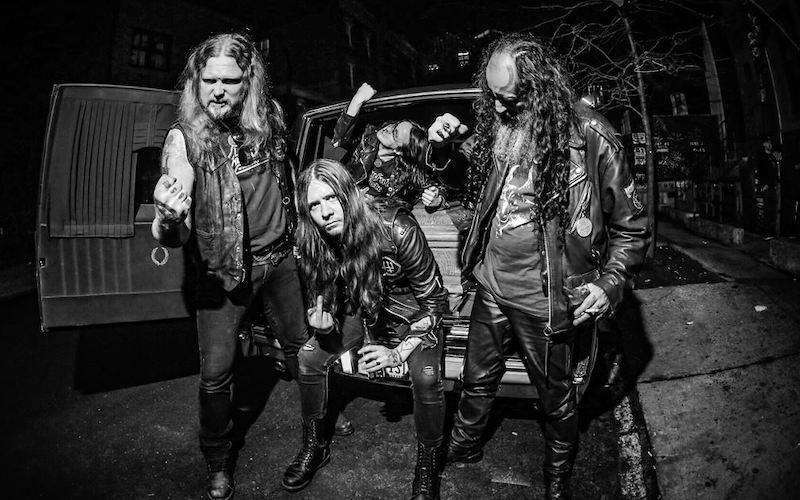We’ll just put this out there — preventing a prominent black metal band from performing here just to appease the loud concerns of conservatives who don’t understand the music genre is just plain wack.
Yes, Watain has openly mentioned that they literally worship the devil; yes, the frontman identifies with anarchic practices; yes, their live shows can get really intense. But to completely remove the option for Singaporeans to think and decide for themselves if they would want to attend a performance put up by proponents of such beliefs is, arguably, an overreaction. Nevermind the fact that the band has already agreed to tone down on its controversial aspects for their Singapore gig — it would have been just a heavy metal show without anti-religious themes and Satanic imagery.
The petition that gathered over 16,000 signatures to ban Watain from performing here clearly points out one thing — that a majority of folks here still severely misunderstand the metal music genre as well as its fans.
To help normies see why people actually like heavy music and particularly why black metal provoked such a massive negative reaction, we point you to the words written by two veterans in the local music scene: Chew Wei Shan (of Weish, sub:shaman, and .gif fame), and Daniel Peters (formerly of Bandwagon and MTV Asia).
Comfort and camaraderie
Weish, a musician herself and a former English literature teacher, has seen how heavy metal and the heavy metal community keeps getting denounced with extreme conviction and self-righteousness. She puts forth that such music with heavy themes actually helps people deal with dark thoughts and personal struggles — something she has seen with her former students.
“Isn’t that the same with all art and literature? Novels, poems, non-fiction, films, plays, artwork containing themes of death, suicide, subcultures, even satanism are in all our libraries and bookstores; far more accessible and prevalent than this little gig tucked away in an industrial building, rated R18, privy to only a select group of gig-goers. If we clamp down on metal bands, shouldn’t we apply this standard to everything else?”
The fundamentals of metal
Daniel explains the roots of black metal and why Satanism and anti-Christianity have been recurring themes in metal music — something designed to “shock, scare and add to atmosphere”.
“Satan was paraded and glorified to frighten observers and entertain listeners. Christianity was, and is, the majority religion in that side of the world, and it has influenced the way many countries are governed. Satanism as transgression worked.
Black metal took that to further extremities, especially with unfortunate real-life incidents like church burnings, but many modern bands, including Watain, continue many of the genre’s musical traditions. It’s a form of transgressive language that has allowed them to even earn fans in Singapore, a country that is still very much conservative.”





Reader Interactions